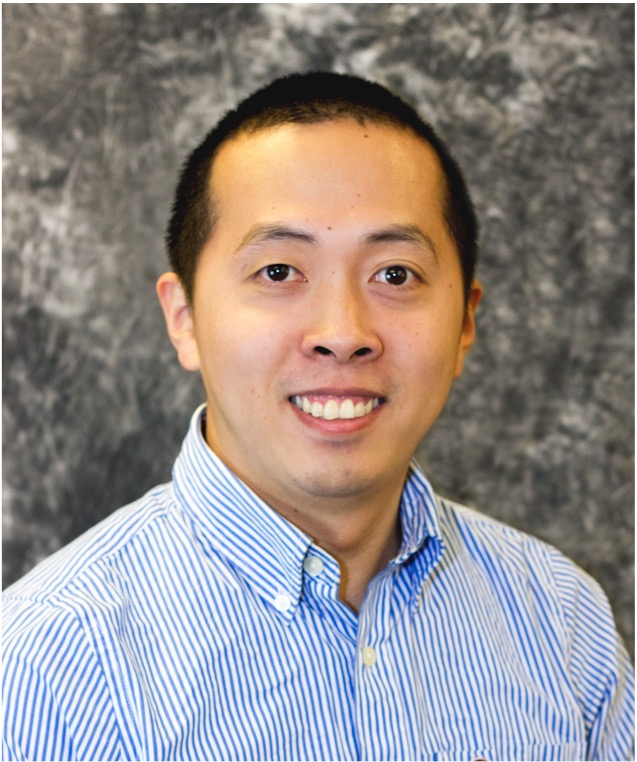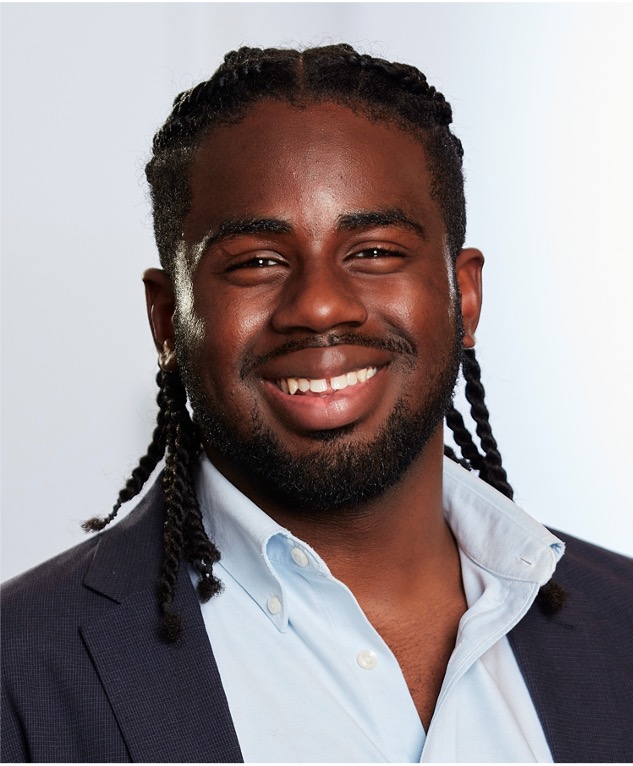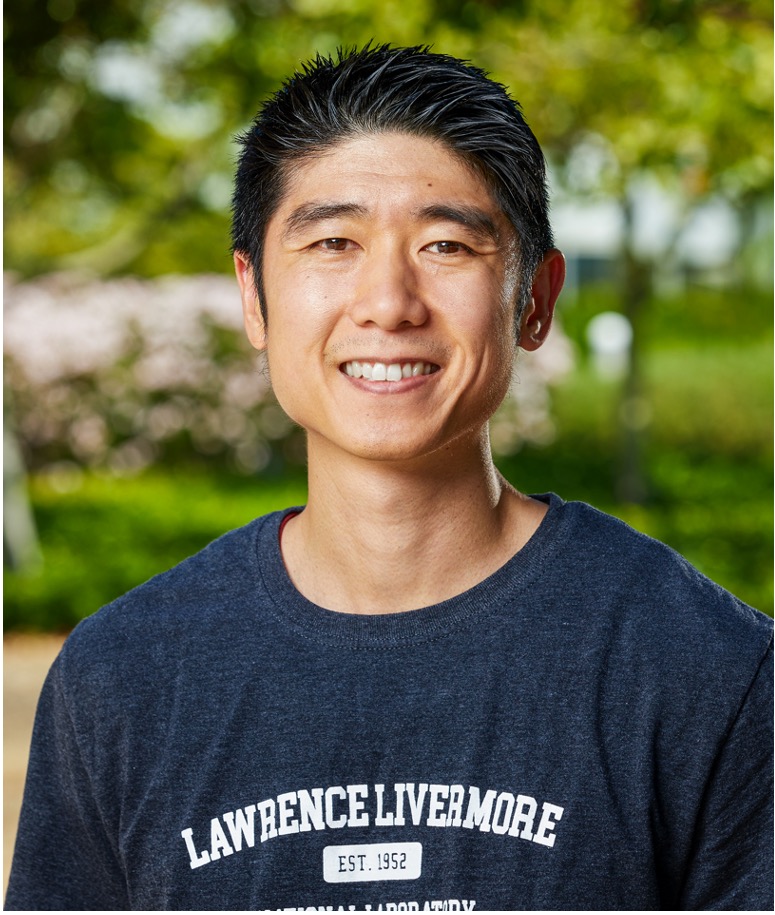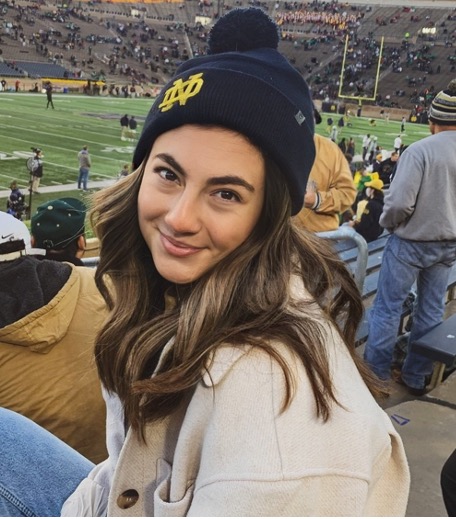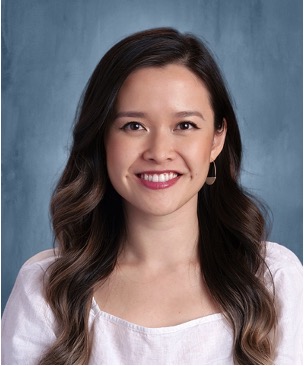Abstract:
Emulsion and micro-encapsulations are everywhere in our daily lives. We utilize this scientific phenomenon for entertainment, food, pharmacy, cosmetics, sensors, and many other applications that you may or may not know. In this presentation, we will go over common examples of emulsion and micro-encapsulation and explain the science behind these. We will also present a few critical scientific discoveries and breakthroughs particularly in biology and energy applications.
Bios:
Congwang Ye received a B. S. in Materials Science and Engineering from Zhejiang University, and a M. S. and Ph. D. from Purdue University. Currently, he is a Staff Engineer specializing in microfluidics and microencapsulation and other advanced manufacturing techniques for various applications, including CO2 capture and utilization, particles for catalyst protection, enzyme immobilization media, vaccine development, flexible display material and energy material for lasers. He leads the commercialization effort for carbon capture and capsule scale-up production at LLNL.
Brandon Wells: Brandon received a B. S. and M. S. in Materials Engineering from Purdue University and was introduced to LLNL through the summer internship program. He is a staff scientist in the Micro- and Nano- technology Division at the Laboratory. His research focuses on material discovery, multiple microencapsulation techniques, and thermal characterization of materials. Much of his current work applies to carbon capture and infrastructure improvement, but he is also interested in other forms of pollutant absorption to improve soil health.
Steven Hoang-Phou received a B. S. in Biochemistry and Molecular Biology from UC Davis and M. S. and Ph. D. from New York University where he studied self-renewal and differentiation cell fate decisions in cancer stem cells within squamous cell carcinomas. He is a post-doctoral researcher in the Translational Immunology Group in the Biology and Biotechnology Division at LLNL. He is currently involved in several projects relating to developing cell-free protein synthesis (CFPS) systems, using CFPS to generate vaccine antigens, or to perform high-throughput screening.
Mariam Mohagheghi received her B. S. in Biochemistry from the University of New Mexico and M. S. in Medical Sciences at Creighton University School of Medicine. She is a student Academic Graduate Appointee at LLNL. Her research effort focuses on management of multiple chlamydia vaccine studies, overseeing the production, quality control, and characterization of vaccine candidates. Other efforts include optimizing chloroplast extraction methods for downstream analysis and development of ex vivo chloroplast function.
Thi Ngo received a B. A. in Biological Sciences and a M. A. in Curriculum and Instruction from the University of California, Davis. She teaches life sciences at Capuchino High School in San Bruno, CA. Born and raised in Stockton, CA, she continues to work with the San Joaquin County Office of Education teaching coding workshops to 4th-6th graders. In addition, she is a Faculty Scholar in the Science Education Program at LLNL where she is one of the instructors for the computational modeling TRA

